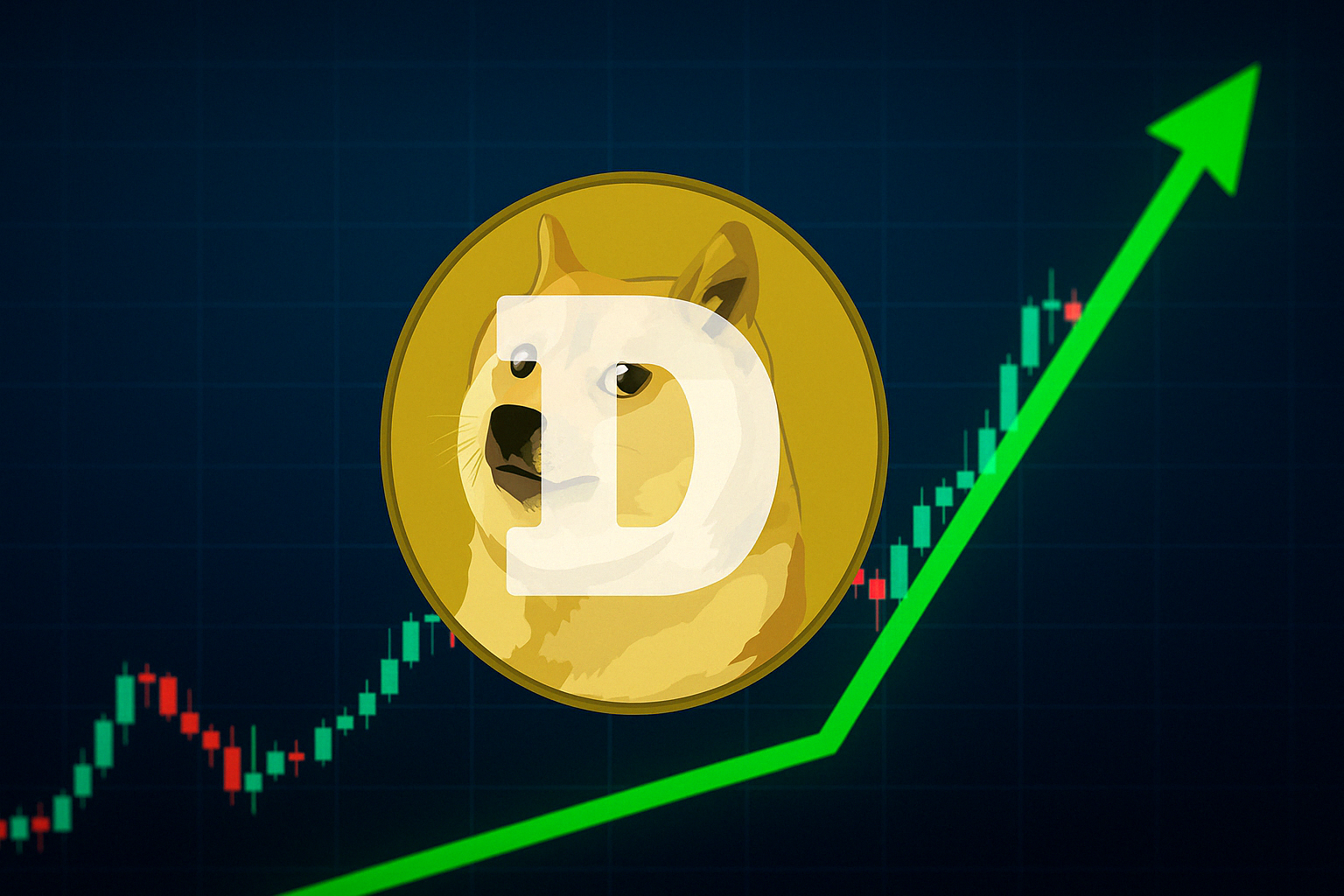Not all founders are CEOs: “My sense of purpose and fulfilment doesn’t come from having a title”
What does it take to steer the ship? Entrepreneurs and VCs explain why some startup founders choose not to wear the CEO hat.

Many founders aspire to be the CEO of their own company. After all, they pour their heart, soul and countless hours into transforming their ideas into a company of scale.
The allure of the CEO title often becomes a beacon of achievement and a tangible testament to a founder’s dedication and perseverance. However, there are instances where the feasibility of a founder assuming the CEO mantle might clash with their ability to fully unlock their startup’s potential.
Sure, there are entrepreneurs like Mark Zuckerberg who has evolved his startup to a multibillion-dollar organisation, but it’s crucial to acknowledge that his journey is the exception rather than the rule.
In reality, many founders often face challenges when it comes to effectively and successfully managing a company as it evolves through various growth stages. This is why those who can seamlessly navigate both roles all while ensuring a business’ success are few and far between in the realm of entrepreneurship.
Founders definitely possess the drive and passion when it comes to starting up a business, but what exactly does it take for a founder to helm a CEO role and lead a business to success?
The transition from a visionary founder to a an effective CEO
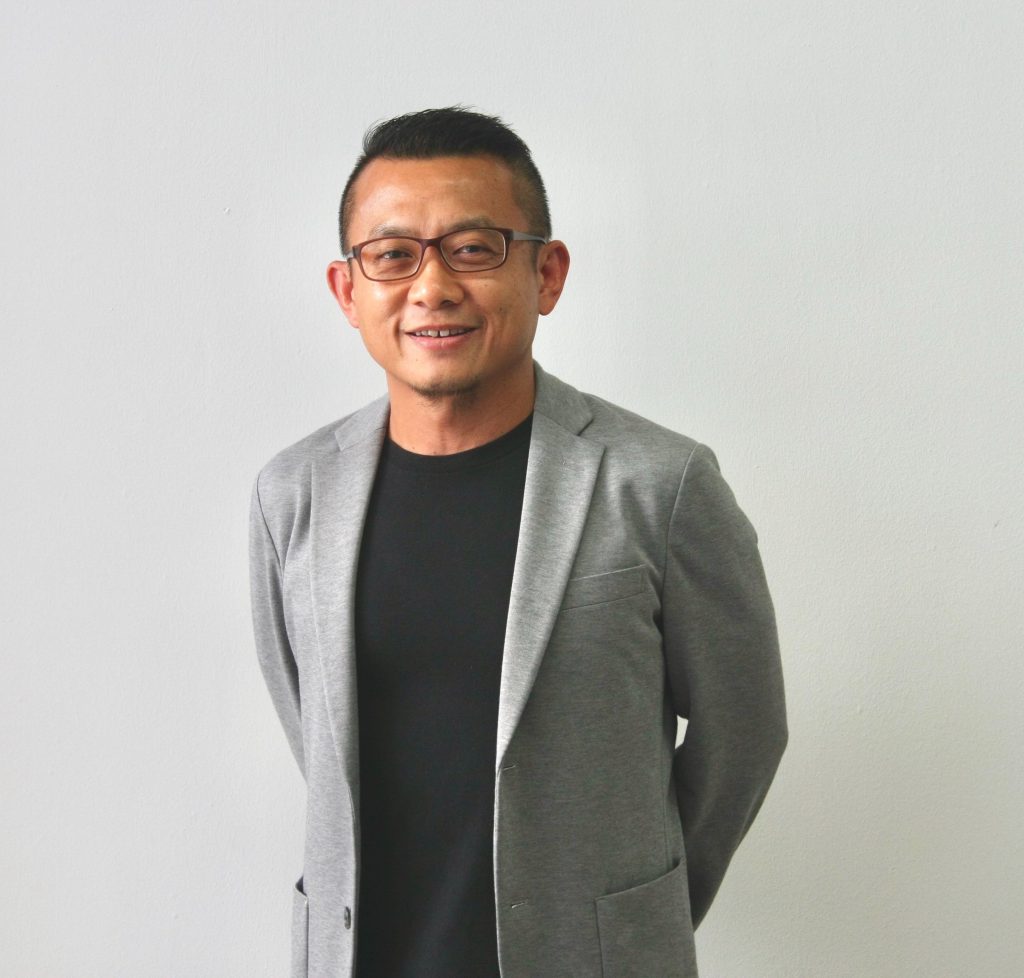 Jeffrey Seah, General Partner, MSW Ventures/ Image Credit: MSW Ventures
Jeffrey Seah, General Partner, MSW Ventures/ Image Credit: MSW VenturesIn essence, the viability of a business model itself is of utmost importance when it comes to the success of a company in the long run. However, once a business idea takes root and the company embarks on a growth trajectory, a founder’s central role evolves from that of an entrepreneur to that of a manager — a shift that some founders may find challenging as their startup advances.
At the end of the day, what sets a startup apart is the founder’s capability to make it happen. A startup can have all the right ideas with the right product-market fit, but ultimately, it all comes down to execution.
And it’s the founder who’s going to have to prove that they can execute and implement those ideas. The real question we ask ourselves is whether we can foresee the founder scaling the business.
– Jeffrey Seah, General Partner, MSW VenturesThis is why venture capital firms like MSW Ventures take the time to deeply assess a founder’s long-term potential as a CEO. As founders transition from being visionary founders to operating founders, they need to shift their focus towards aligning with market trends, customer demands, and industry standards, Jeffrey explains.
This gets even more crucial as startups approach a growth stage as it can help a company achieve more stable and consistent revenue streams and facilitate efficient scaling, he adds.
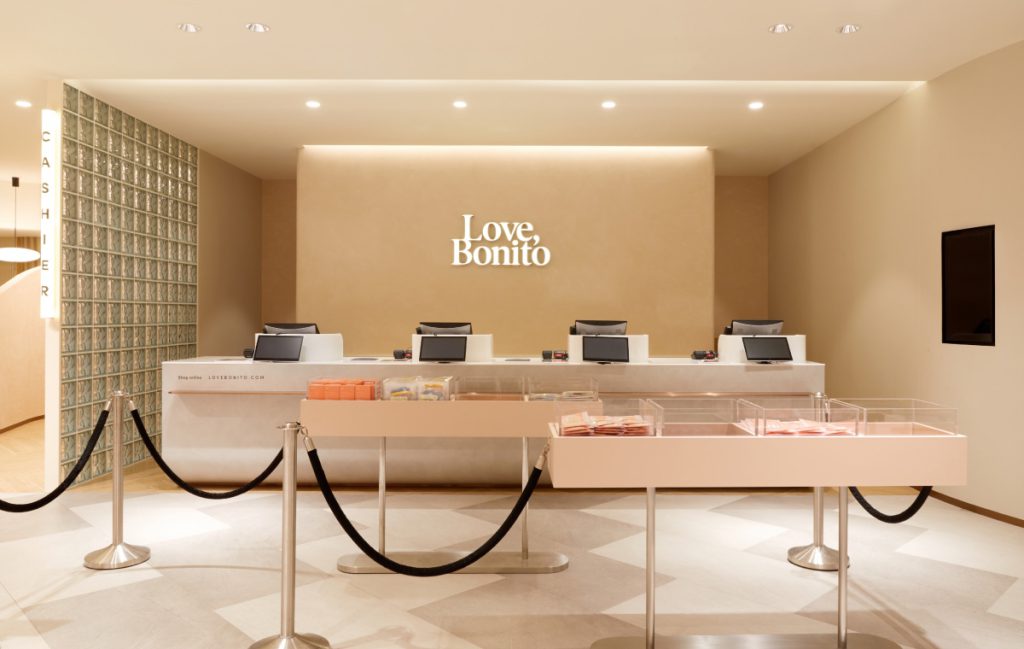 Love, Bonito, Ion Orchard/ Image Credit: Love, Bonito
Love, Bonito, Ion Orchard/ Image Credit: Love, BonitoTake for example, homegrown startup Love, Bonito. Since its official launch in 2010, the company had always been led by its founders. In 2021, however, the clothing label made a pivotal decision to appoint their very first CEO, Dione Song.
As the company approached a growth phase, co-founder Rachel Lim shared that she opted to take a more hands-off role within the company’s leadership team in order to elevate the business to new heights.
Over the years of running Love, Bonito, she has met and seen founders who were CEOs, but has also come to the realisation that not all founders are meant to be, and have to be a CEO.
Sometime in 2016, I had an honest conversation with myself and knew that while the business had much potential, given that we were in a growth stage, I needed someone who thoroughly enjoys and has the ability to take businesses to the next level to build Love, Bonito with me.
It was then when I reached out to Hian, our first investor from Openspace Ventures (previously known as NSI Ventures) to discuss the appointment of this role for the business.
– Rachel Lim, co-founder of Love, BonitoBut what makes a good CEO?
Jacky Choo, the founder and executive chairman of Singaporean games distribution, publishing and marketing group, GCL Asia, shares that founders often have big dreams for their businesses and may be more product, design or service-oriented, as compared to CEOs who may be better at the overall management of a company’s resources to drive profitability.
As such, a founder’s passion must be balanced with rational decision-making, shared Frank Kang, Country Manager and Associate Partner at Antler. However, founders may face challenges when it comes to aligning their vision with an organisation’s needs.
For instance, maintaining a startup’s innovative spirit while overseeing various functions can be complex, especially when they are outside the founders’ core competency areas.
This transition can impact the company’s growth and success if not handled well, as it may lead to inefficiencies and communication gaps. The journey [to a startup’s success] is an endless learning curve.
– Frank Kang, Country Manager and Associate Partner, Antler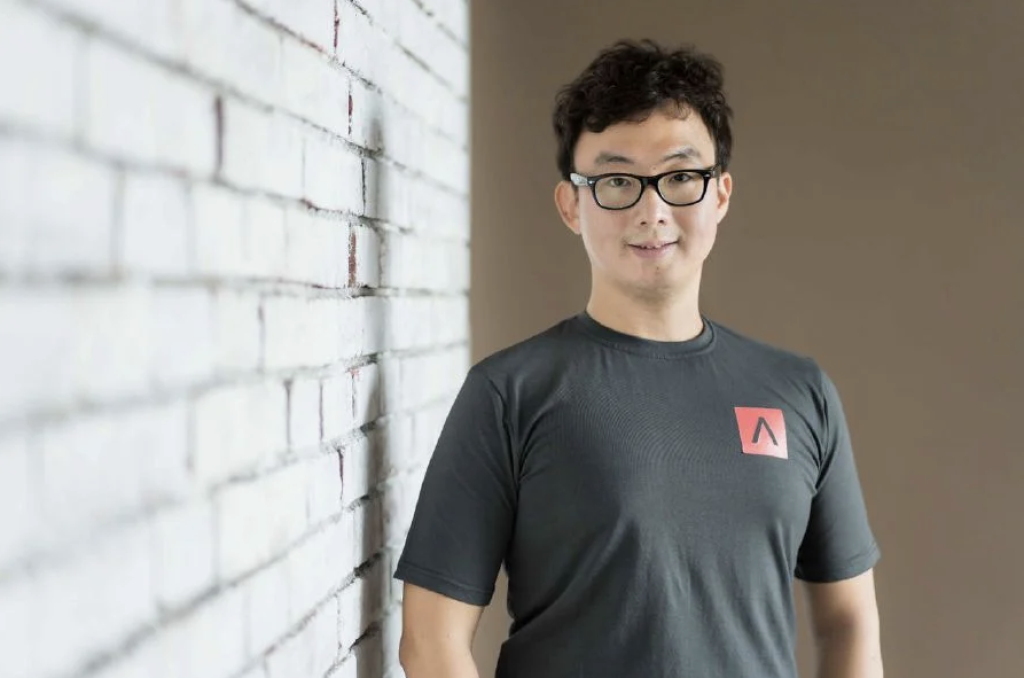 Frank Kang, Country Manager and Associate Partner, Antler/ Image Credit: Antler
Frank Kang, Country Manager and Associate Partner, Antler/ Image Credit: AntlerIn a startup’s early stages, Frank shares that CEOs need to be agile, hands-on, and resourceful to navigate uncertainties and pivot when needed. As the business matures, CEOs must excel in strategic decision-making, managing larger teams, and scaling operations efficiently.
During [Antler’s] evaluations, we consider a founder’s adaptability and potential to grow into the role demanded by the company [at different stages of their growth].
Signs that a founder might not be the right fit for scaling include struggling with delegation, difficulty in aligning with a larger team, or experiencing challenges in maintaining operational efficiency.
– Frank Kang, Country Manager and Associate Partner, AntlerRecognising limitations is not a weakness
It’s vital for founders to recognise when and where they are lacking, before it can severely impact a business’ growth trajectory.
But that said, recognising and admitting to one’s limitations is not a sign of a founder’s weakness but rather a display of strength, indicating a willingness to learn and evolve — a quality indispensable for long-term success.
“Having that readiness to learn and adapt, it really speaks to the potential for successful leadership. It’s about being agile and staying ahead of the curve, especially in a fast-changing business landscape,” says Jeffrey.
“It allows them to seek help when needed and make informed decisions as they navigate the various stages of their company’s growth.”
 Jeffrey Seah, General Partner, MSW Ventures/ Image Credit: The Peak Magazine
Jeffrey Seah, General Partner, MSW Ventures/ Image Credit: The Peak MagazineAside from recognising one’s limitations, a founder may have the capability to drive a company to where it is, but to be an effective CEO, he/she needs to also build capacity.
“Essentially, capability gets [a founder] to where they are, but capacity determines their ability to maximise that capability — It’s about putting in a concerted effort to improve and expand their capacity,” said Jeffrey.
More often than not, he finds that founders focus on upgrading their capability, but overlook the need to build capacity.
This, in turn, takes a toll on a founder’s mental health and personal life, leading to a phenomenon termed “founder burnout”. In fact, founders are more susceptible to mental fatigue, with 50 per cent of them being more likely to suffer from mental stress.
However, by building capacity, founders can manage workload, time, and energy efficiently, without compromising quality or burning out.
Considering that it takes completely different skillsets to start a company and to run a business, it comes as no surprise that many founders often exit their CEO roles as their company evolves through various growth stages.
According to an article by Harvard Business Review, by the third year of a venture’s existence, 50 per cent of founders have relinquished their positions as CEO. In the fourth year, only 40 per cent remained in the corner office, and fewer than 25 per cent continued to lead their companies through their initial public offerings.
If not CEO, then what?
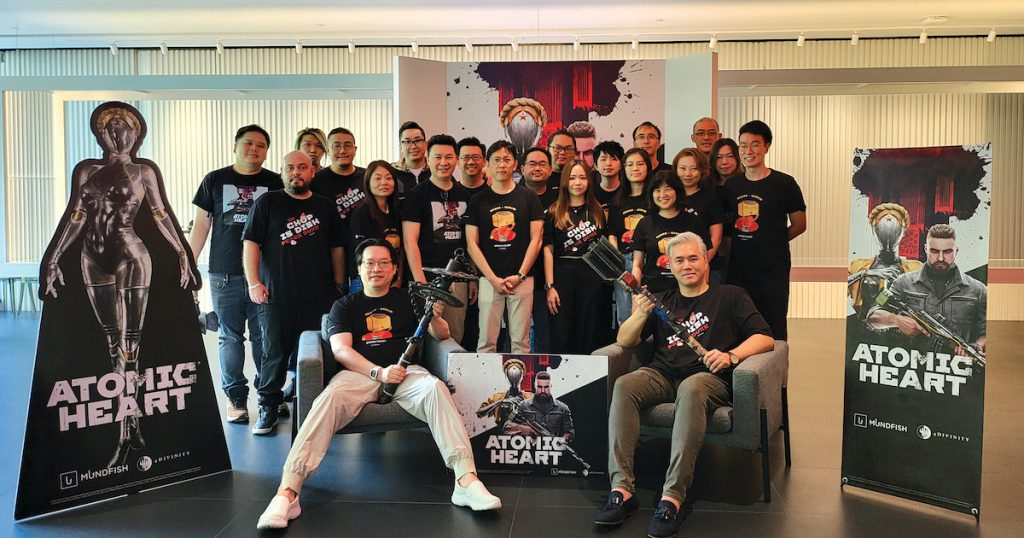 Jacky Choo (seated on the left) and the GCL Asia team/ Image Credit: GCL Asia
Jacky Choo (seated on the left) and the GCL Asia team/ Image Credit: GCL AsiaHowever, this doesn’t imply that founders are unable to enhance various aspects of their businesses even if they aren’t occupying the CEO role. Some founders discover that their strengths lie in steering the ship from a different station, where their expertise shines most brilliantly.
“The goal is to find the right leadership fit that complements the founder’s strengths and drives the business forward,” said Frank.
For instance, while Jacky founded GCL Asia, he is now able to focus on levelling up the Group in other facets while serving as its Executive Chairman. He shared that he is able to bring more exciting partnerships to GCL Asia’s audience, all while ensuring that the company continues to grow and evolve with the support of its CEO.
In essence, he is able to focus on the vision of where GCL Asia as a group “would want and need to be” as well as spearhead strategies to take the group to a higher level. GCL Asia CEO Sebastian Toke, on the other hand, plays a key role in implementing those strategies together with the leadership teams in each of its business units.
Even when they don’t hold the conventional CEO title, Frank finds that founders who can foster a collaborative and inclusive culture often drive remarkable success. “In fact, that’s a role that all key leadership of a company should be responsible for,” he says.
 Rachel Lim, co-founder of Love, Bonito/ Image Credit: Love, Bonito
Rachel Lim, co-founder of Love, Bonito/ Image Credit: Love, BonitoThis is why Rachel is still working closely with Love, Bonito’s product design and community building teams, even after taking a step back from the clothing label’s leadership team.
Other areas that the founder is equally passionate about is brand building, as well as the people and culture aspect of Love, Bonito. She strongly believes in “the importance of creating a conducive environment for teams to thrive in as well as an enduring brand that will stand the test of time”.
My sense of purpose and fulfilment does not come from having a title, but rather, in recognising where I can truly value add to the business in each stage, double down on that, and then step away from the areas where I can’t.
Bringing in and working with people smarter and better than me in different disciplines has been something which has provided me so much growth and joy through the process too.
– Rachel Lim, co-founder of Love, BonitoFeatured Image Credit: Love, Bonito/ GCL Asia

 FrankLin
FrankLin 






















